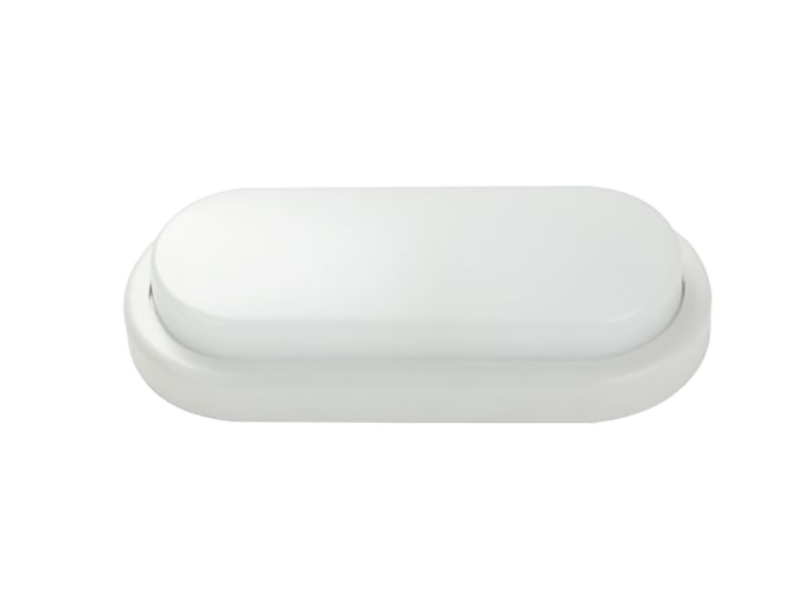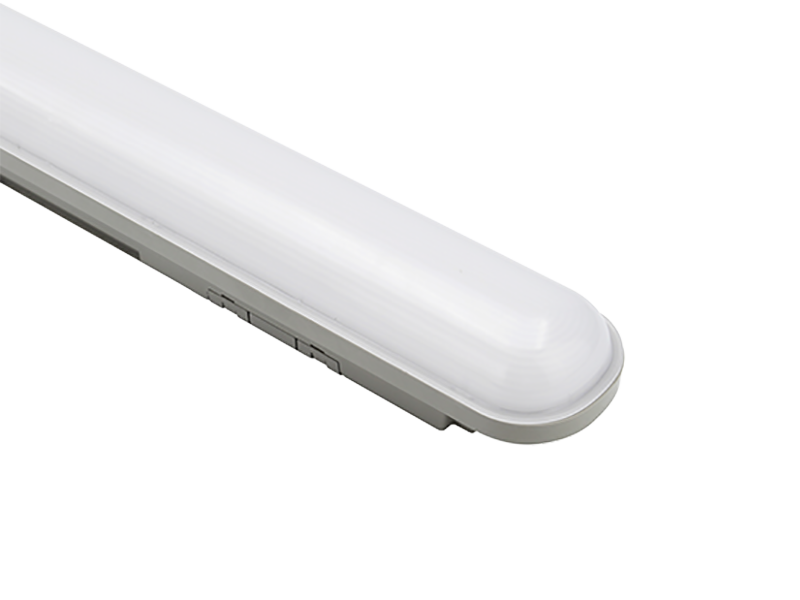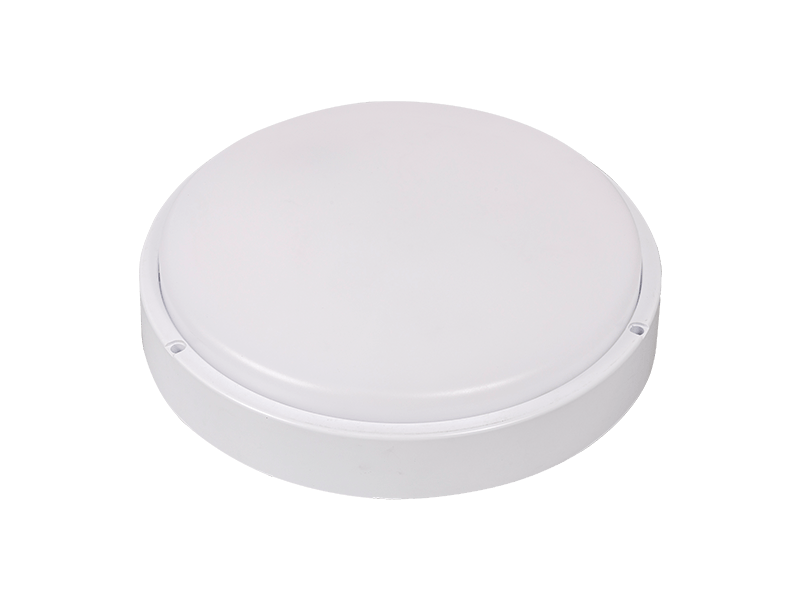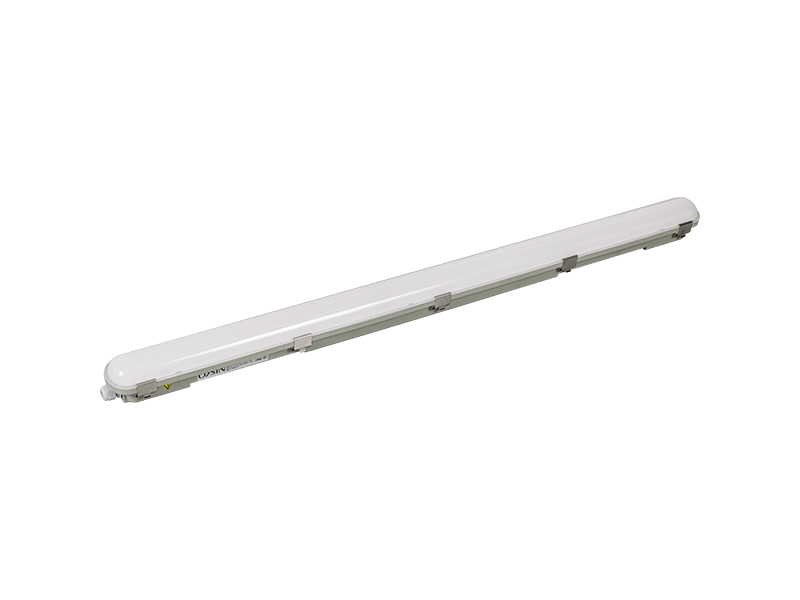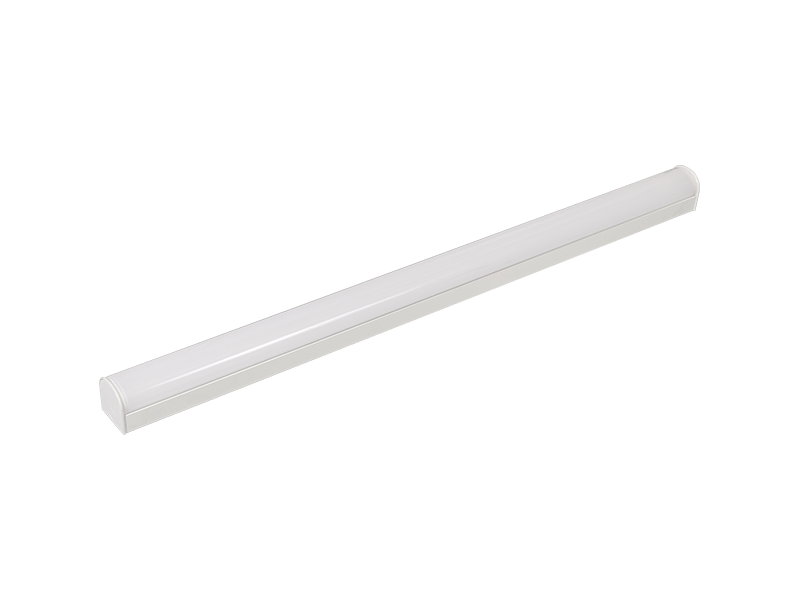The selection of brass pipe fittings is a critical aspect of plumbing and piping systems, and it's influenced by several factors, including thread types and connection options. Thread types and connection options play significant roles in determining the compatibility, reliability, and performance of brass pipe fittings in various applications. Understanding these factors is essential for choosing the right fittings to ensure leak-free connections and efficient fluid flow. Let's explore the influence of thread types and connection options in brass pipe fitting selection:
-
Thread Types: Brass pipe fittings are available with different thread types, including NPT (National Pipe Thread), BSP (British Standard Pipe), and metric threads. The choice of thread type depends on the specific requirements of the application and the compatibility with existing piping systems.
-
NPT Threads: NPT threads are commonly used in North America and are characterized by their tapered design. These threads create a tight seal when tightened, making NPT fittings suitable for applications where leak-free connections are essential, such as plumbing and gas systems. NPT threads are standardized according to ANSI/ASME B1.20.1.
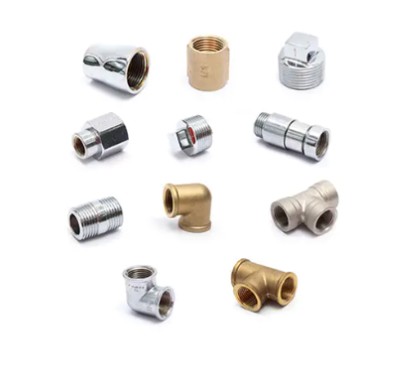
-
BSP Threads: BSP threads are widely used in Europe and other parts of the world and come in two variations: BSPP (British Standard Parallel Pipe) and BSPT (British Standard Tapered Pipe). BSPP threads have a parallel design, while BSPT threads are tapered. BSP fittings are known for their reliability and ease of installation and are commonly used in water, gas, and pneumatic systems.
-
Metric Threads: Metric threads are used in metric countries and are standardized according to ISO 228-1. These threads have a straight design and are typically found in applications where metric measurements are used. Metric brass pipe fittings are commonly used in industries such as automotive, aerospace, and manufacturing.
The selection of thread type is crucial to ensure compatibility with the existing piping system and to prevent leaks or other connection issues. It's essential to match the thread type of the fitting with the thread type of the pipes to achieve a secure and leak-free connection.
-
-
Connection Options: Brass pipe fittings come with various connection options, each suited for different applications and installation requirements. Common connection options include threaded, compression, soldered, and push-to-connect fittings.
-
Threaded Fittings: Threaded brass pipe fittings feature threads on both the fitting and the pipe, allowing them to be screwed together for a secure connection. Threaded fittings are easy to install and can be disassembled for maintenance or repairs. They are commonly used in plumbing, gas, and hydraulic systems.
-
Compression Fittings: Compression brass pipe fittings feature a compression nut and ferrule that compress around the pipe when tightened, creating a tight seal. Compression fittings are ideal for use with soft tubing or pipes and are commonly used in water supply lines, refrigeration systems, and pneumatic applications.
-
Soldered Fittings: Soldered brass pipe fittings are joined together using solder and heat, creating a permanent bond between the fitting and the pipe. Soldered fittings provide a secure and leak-free connection and are commonly used in plumbing and HVAC systems.
-
Push-to-Connect Fittings: Push-to-connect brass pipe fittings feature a push-in connection mechanism that allows for quick and easy installation without the need for tools or soldering. These fittings are ideal for use in tight spaces or applications where accessibility is limited. Push-to-connect fittings are commonly used in plumbing, HVAC, and pneumatic systems.
The choice of connection option depends on factors such as the type of piping material, installation requirements, and system pressure. It's essential to select the appropriate connection option based on the specific needs of the application to ensure a reliable and leak-free connection.
-

 Search
Search English
English Español
Español